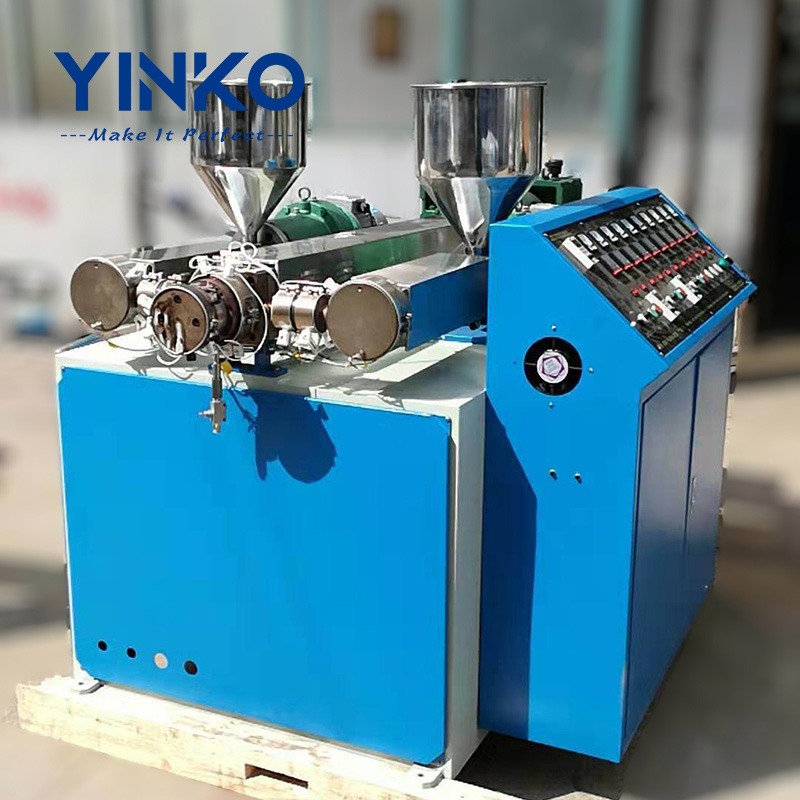 The importance of regular maintenance & safety operation
The importance of regular maintenance & safety operation
Apr 02, 2023
The regular maintenance of straw making machine is very important. we highly suggest our customer to focus on the maintenance .here are several tips for your reference.
The maintenance of the transmission system includes adding and replacing lubricants such as gearbox oil and bearing grease, as well as tensioning the transmission belt.
Gears, sprockets, and chains should be kept clean, and a small amount of calcium-based lubricant should be applied to the gears every half month.
Proper tensioning of the conveyor belt and tightening of the fastening screws for moving parts.
Before starting the machine, check for any foreign objects that may be blocking the machine's interior. Tools of any kind should not be placed on moving parts or above the machine. If any abnormal noises are heard, stop immediately and inspect the machine.
Perform timely inspections and cleaning. After work each day, clean the machine and its surroundings promptly to maintain cleanliness and prevent contamination of the straw.
The following safety considerations should be taken into account when operating a straw making machine/straw packing machine:
Machine maintenance must be performed with the power cut off and the machine completely stopped to ensure safety. Regular maintenance inspections should be carried out, including checks on power supply, lubrication, and wear.
When the machine is in operation, it is strictly forbidden to place fingers near or into moving parts. The straw machine ensures that employees do not leave their posts during operation to avoid emergency situations.
When the machine is in operation, it is strictly forbidden to remove protective covers. The straw machine should be operated with care to avoid unnecessary damage.
The user's power supply should be equipped with overvoltage protection to ensure electrical safety.
The equipment must be reliably grounded.
Strictly follow the instructions on safety signs. Safety signs must be kept clean and should not be covered or removed.
Read More

 The importance of regular maintenance & safety operation
The importance of regular maintenance & safety operation